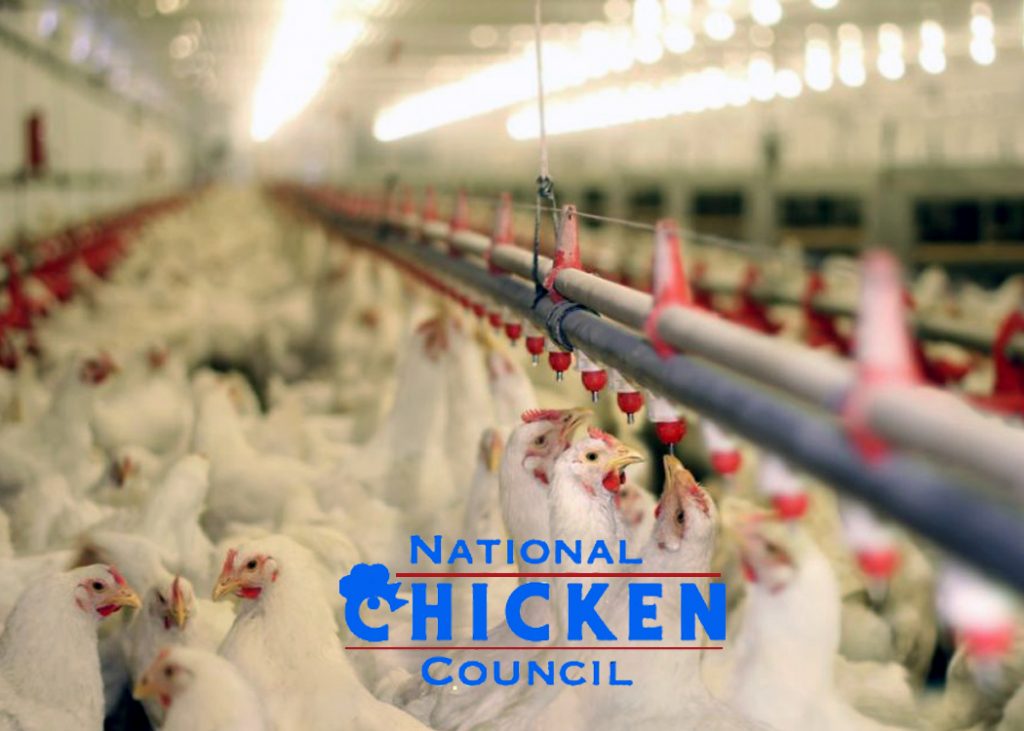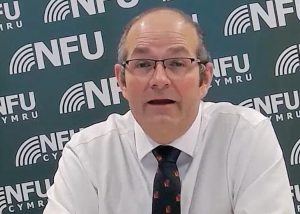
AVN WEB DESK
The National Chicken Council (NCC) has expressed reservations about the US Environmental Protection Agency’s (EPA) proposed strategy aimed at curbing food waste and enhancing organic recycling.
In a recent letter to the EPA, the NCC raised objections to certain elements of the plan, citing potential unintended repercussions.
Unveiled by the EPA in December, the waste reduction strategy aims to tackle food loss prevention, minimize food waste, and increase organic waste recycling rates, calling for waste prevention and recycling policies.
The NCC expressed reservations concerning the United States Department of Agriculture’s (USDA) proposed framework for addressing salmonella contamination in raw poultry products. The council argued that the framework lacks scientific foundation or demonstrated public health advantages. It cautioned that implementing such regulations could lead to substantial production losses, causing delays in deliveries to retailers and eateries.
Furthermore, the NCC emphasized the considerable potential waste if even a small portion of the 46 billion pounds of chicken produced annually were discarded, amounting to over 460 million pounds of fresh chicken wasted each year.
Moreover, the NCC criticized a 2009 FDA regulation imposing stricter storage temperature requirements for surplus hatching eggs.
According to NCC officials, this regulation compels producers to dispose of usable and safe eggs, affecting supply and consumer egg prices. Last year, the NCC petitioned the FDA to reconsider this regulation as a measure to boost supply and mitigate consumer expenses.





